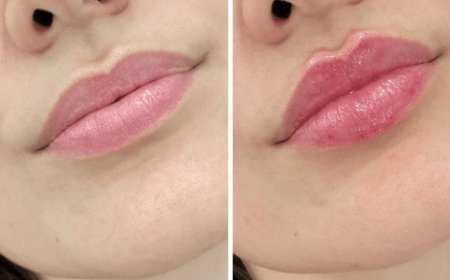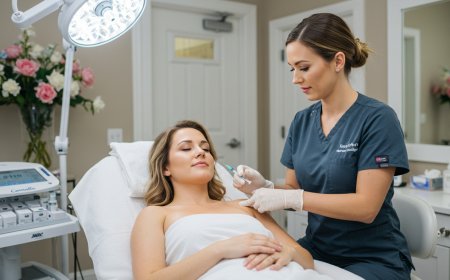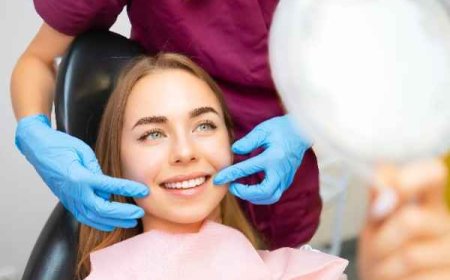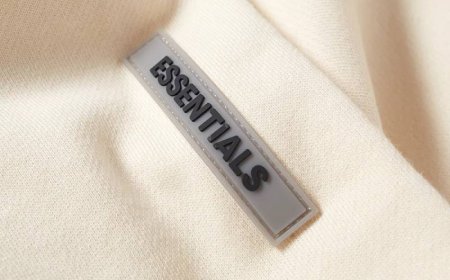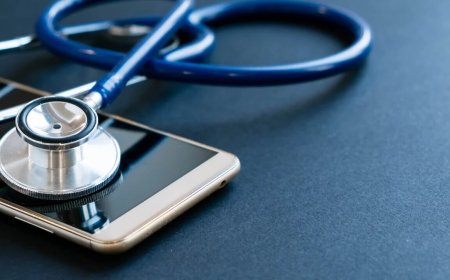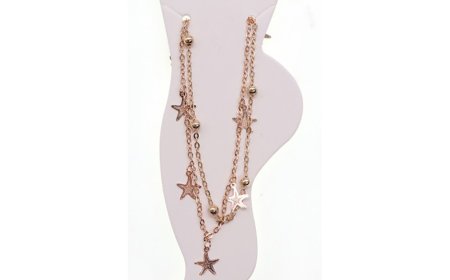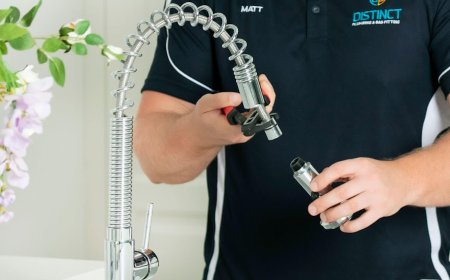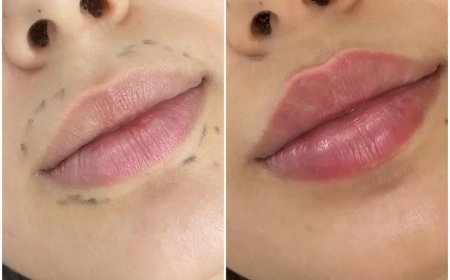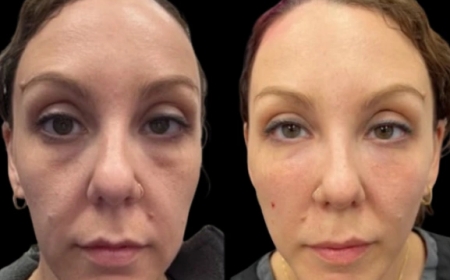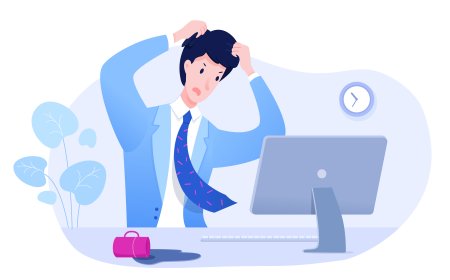Does Acne Come Back After Isotretinoin?
isotretinoin 20mg formerly known under the brand name Accutane, is widely recognized as one of the most powerful treatments for severe or persistent acne.

Isotretinoin 20mg, formerly known under the brand name Accutane, is widely recognized as one of the most powerful treatments for severe or persistent acne. Many patients turn to it after years of failed treatments, and for most, it offers life-changing results. But a common concern among those considering or finishing isotretinoin is:Does acne come back after isotretinoin?
Lets explore what the research and real-world experiences say about relapse, why it happens, and how to reduce the chances of acne returning.
What Is Isotretinoin?
Isotretinoin is a retinoid derived from vitamin A that treats acne by addressing its root causes. It:
-
Shrinks the sebaceous (oil) glands
-
Reduces oil production
-
Decreases inflammation
-
Prevents clogged pores
-
Inhibits acne-causing bacteria
Unlike topical treatments and antibiotics, isotretinoin works systemically and offers a chance for long-term or even permanent clearance. You can also visit dosepharmacy to get acne free skin.
How Effective Is Isotretinoin?
Most dermatologists consider isotretinoin the gold standard for treating severe, cystic, or nodular acne. Studies show:
-
Up to 85% of patients experience complete or near-complete clearance after one course.
-
Around 1530% of patients may experience some form of relapse after treatment.
So, while the majority see long-term improvement, acne can return in some cases.
Why Does Acne Come Back After Isotretinoin?
Acne recurrence doesnt mean isotretinoin didnt workit just means your skins response may need continued support. Here are some common reasons for relapse:
1. Underdosing or Short Course Duration
-
A typical cumulative dose ranges from 120150 mg/kg over a 46 month period.
-
If the total dose was too low or the course too short, relapse is more likely.
2. Hormonal Imbalance
-
Conditions like PCOS (Polycystic Ovary Syndrome) can trigger acne after isotretinoin.
-
Fluctuating hormones during menstruation, pregnancy, or due to contraceptive changes can also cause breakouts.
3. Genetic Predisposition
-
Family history of persistent acne increases the chance of recurrence.
-
Your oil glands may regenerate and restart acne production after treatment.
4. Lifestyle and Skincare Factors
-
Poor skincare routines, greasy cosmetics, or an unhealthy diet may trigger acne again.
-
High stress and lack of sleep may also contribute.
What Does Post-Isotretinoin Acne Look Like?
When acne returns after isotretinoin, it usually:
-
Appears less severe than before
-
Is more manageable with topical treatments
-
Doesnt include large cysts or nodules in most cases
However, in some cases, especially if the initial dose was too low, severe acne can return.
How Soon Can Acne Return After Treatment?
-
Immediate relapse (within 6 months) is often due to underdosing.
-
Delayed relapse (after 12 years) can be linked to hormonal or environmental triggers.
Dermatologists usually wait 612 months before deciding whether a second course is needed.
What Are the Chances of Needing a Second Course?
-
Around 1520% of patients may require a second course of isotretinoin.
-
This second course is typically shorter and just as effective.
How to Reduce the Risk of Acne Coming Back
Here are some ways to improve long-term results after finishing isotretinoin:
? 1. Finish the Full Course at the Correct Dosage
-
Aim for a cumulative dose of 120150 mg/kg.
-
Dont stop treatment too early, even if your skin clears up quickly.
? 2. Follow a Gentle Skincare Routine
-
Use non-comedogenic (non-pore-clogging) products.
-
Avoid harsh exfoliants or oily moisturizers that can irritate or clog pores.
? 3. Address Hormonal Issues
-
Women with hormonal acne may benefit from birth control pills or anti-androgen medications like spironolactone.
-
Hormone tests may help identify underlying causes.
? 4. Maintain a Healthy Lifestyle
-
Eat a balanced diet (low in sugar and dairy).
-
Manage stress with exercise, meditation, or hobbies.
-
Stay hydrated and get enough sleep.
? 5. Continue Maintenance Treatments
-
Topical retinoids (like adapalene) can keep pores clear post-treatment.
-
Mild breakouts can be managed with benzoyl peroxide or salicylic acid.
When to See a Dermatologist Again
If your acne returns months after isotretinoin, see your dermatologist to:
-
Assess if it's a true relapse or normal post-treatment breakouts
-
Discuss topical or hormonal options
-
Consider a second course of isotretinoin if necessary
Dont try to self-treat with leftover isotretinoin or over-the-counter meds without guidance.
Real-World Experiences: What Patients Say
Many people share that their skin stayed clear for years after finishing isotretinoin. Others report some breakouts returning, but not as severe as before. The key takeaway? Most patients are satisfied with the results and enjoy long-term relief, even if some maintenance is needed.
Final Thoughts: Will Acne Come Back After Isotretinoin?
Yes, acne can come back after isotretinoinbut not always. The good news is that:
-
Most people remain clear for a long time.
-
If acne returns, its often less severe and easier to manage.
-
A second course is sometimes needed but is generally effective.
Ultimately, isotretinoin offers long-term control, not necessarily a lifetime cure. Partner with your dermatologist to monitor your skin and take proactive steps to maintain your results.





